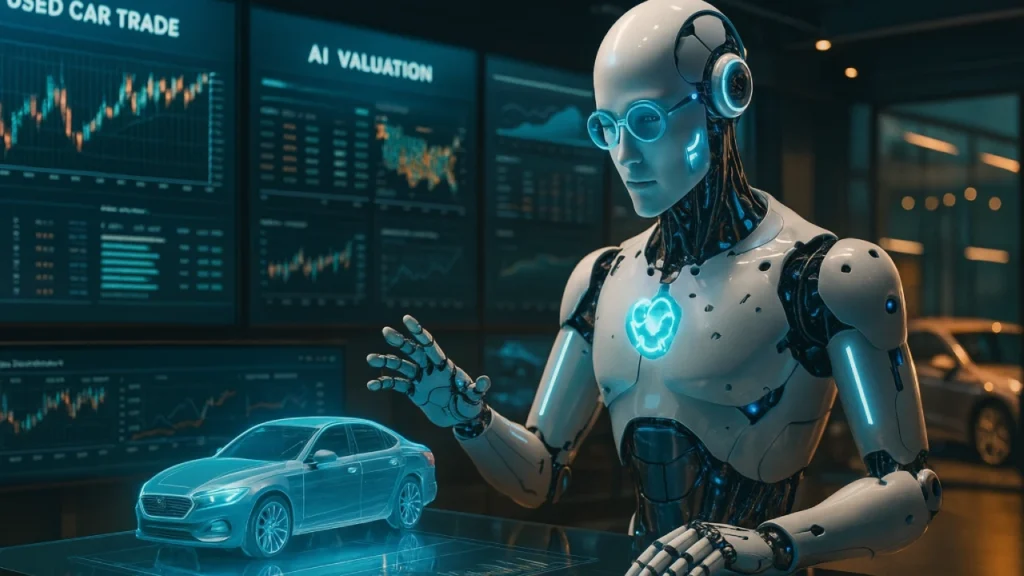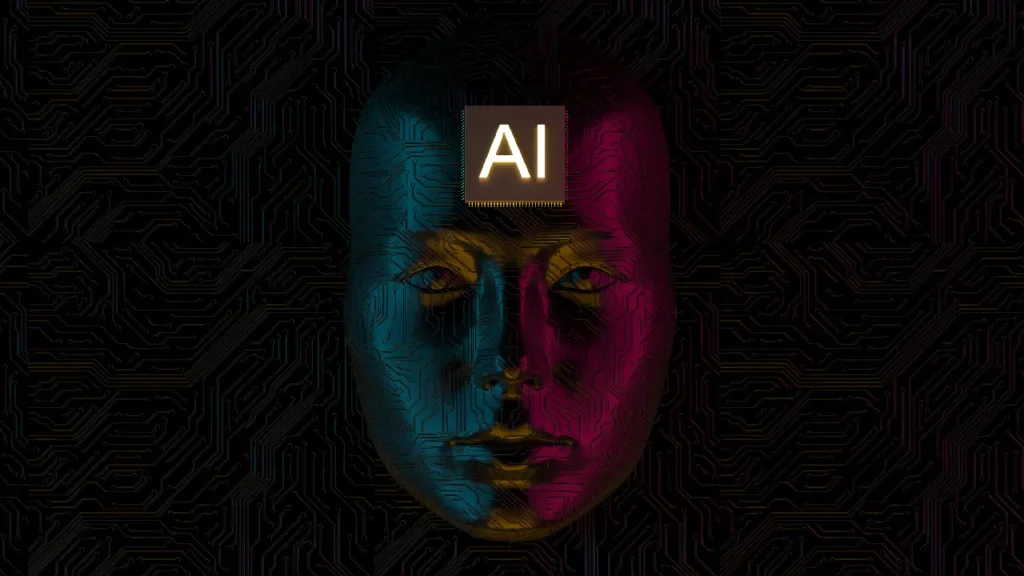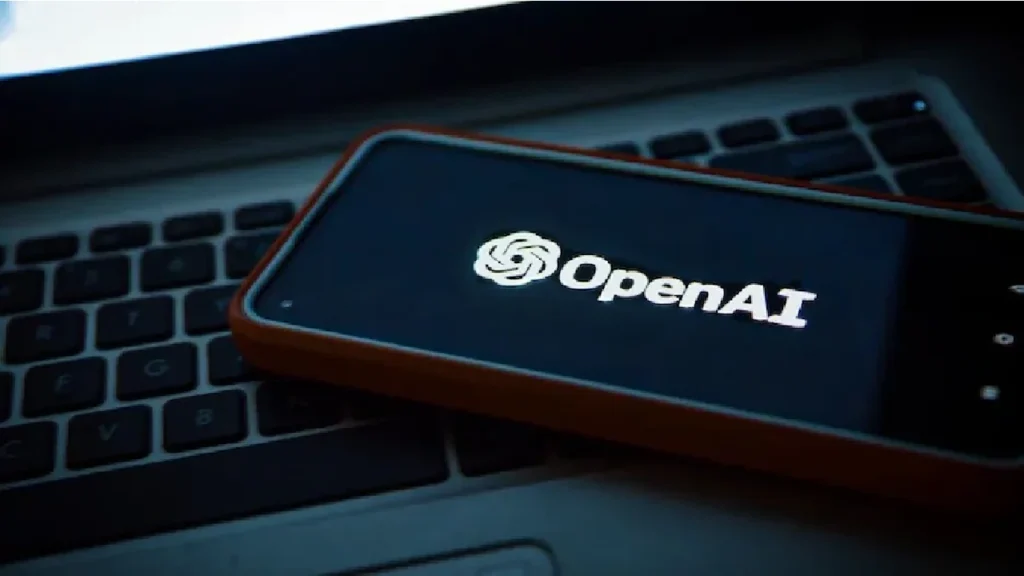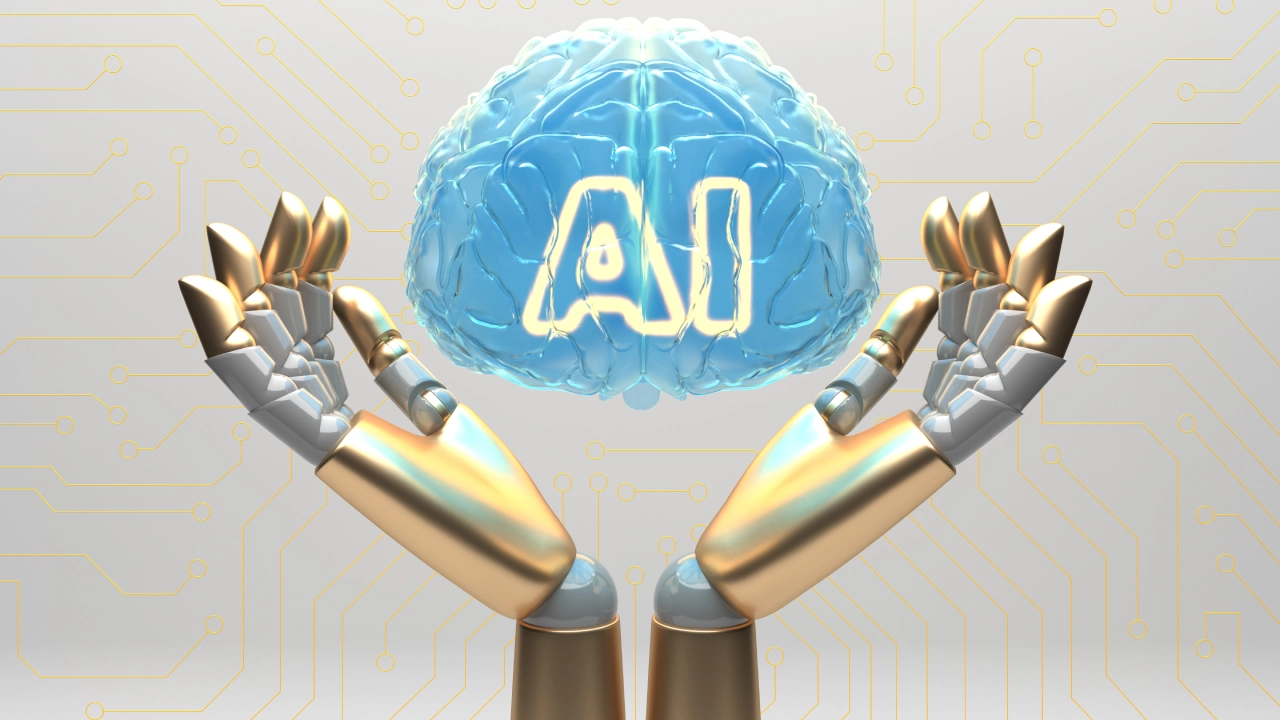Highlights
- AI co-pilots enhance surgical precision by analyzing real-time data, predicting complications, and supporting surgeons with insights drawn from vast datasets.
- Ethical concerns arise around accountability, data privacy, and the limitations of algorithms that lack human context, empathy, and judgment.
- AI augments – not replaces – surgeons, improving training, expanding access in underserved regions, and creating a future where man and machine work together to deliver safer, more equitable care.
In an operating room in Bengaluru, the surgeons huddle over a patient undergoing a complex spinal procedure in a brightly lit operating theater. Next to them, a robotic arm with several blinking sensors operates. The arm doesn’t talk, but it dutifully watches everything, taking stock of each incision, measuring depth and alignment, and speculating where the surgeon will go next. This is not the future, but it is the present of surgical care.
All over the world and increasingly in India, AI co-pilots are the silent partners in the OR, combining machine accuracy with human intuition. AI systems mean safer, quicker, and more accurate surgeries, but they also generate fundamental ethical and professional questions: What will happen when the scalpel touches the algorithm?

Rise of Surgical Co-pilots
AI assistants in surgery are not substitutes for surgeons but are intelligent helpers designed to supplement human abilities. Unlike older robotic surgery systems that perform predefined motions, these newer systems trained with AI can learn from large data sets that can include past surgery videos, anatomical models, and scans of the patient, and then suggest real-time directions like incision sites, or predict common complications, or even detect changes that can be a risk that may be unidentifiable by the human eye alone.
Companies like Intuitive Surgical, Medtronic, and Indian startups such as SS Innovations and Aether Biomedical are developing systems that harness AI to enhance surgical dexterity and decision-making. For example, Intuitive’s da Vinci Surgical System has already been used in over 10 million surgical procedures worldwide. Now, using machine learning and its software, it can figure out how to improve its movements based on millions of other surgeries: a collective surgical memory that no human could have!
Hospitals in India, including Apollo and AIIMS, are testing AI-assisted surgical planning tools that leverage preoperative imaging data to predict surgical outcomes and improve accuracy. “We are transitioning from reactive to predictive surgery,” says Dr. Arvind Ramakrishna, a robotic surgeon in Chennai. “AI co-pilots not only assist but also anticipate.”

Precision Beyond the Human Hand
What is revolutionary about AI co-pilots is that they combine mechanical precision with cognitive insight. While robotic arms can achieve sub-millimeter accuracy, AI systems add another layer of analysis of real-time patterns, anatomy, and surgical movements.
Take orthopedic surgery. With joint replacements, an AI system can map a patient’s specific bone geometry and dynamically adjust alignment angles in real time during surgery, reducing wear and improving comfort downstream. Neurological surgery is benefiting too, as co-pilots help navigate delicate brain tissue by reviewing MRIs and CT scans and marking “safe” zones for entry, thereby decreasing the risk to vital areas during craniotomies.
AI co-pilot’s application in an area where it is advancing surgical effort is in minimally invasive procedures. Integrating computer vision with surgical cameras, an AI co-pilot may enhance visual clarity and persistently indicate problematic areas of concern, like hidden vessels or microscopic bleeding. “it’s like having a second pair of eyes,” says Dr. Neha Singh, a laparoscopic surgeon based in Delhi, “one that never gets tired! Oftentimes, it’s the little details that save a life.”
The Ethical Questions
Yet, the conversation about AI co-pilots in surgery isn’t purely about efficiency and precision, It is also a moral and philosophical deliberation about trust, holding accountable, and the role of professional knowledge.

When we think through how to divide up responsibility when, say, an AI recommends a surgeon go a different route on an operation, who is responsible? Can we blame the algorithm? When a co-pilot uses guidance from AI in such a way that causes an incident, is it the responsibility of the human hand or the co-pilot who followed the set of instructions from the software? This is at the center of ongoing discussions about the ethical principles of medical practice.
In India, where policies around AI in healthcare are still in formation, these questions grow in urgency. Many healthcare cities have implemented global technologies before ethical practices can be created. Experts are stating that AI can analyze vast amounts of data, but it is not at the stage of processing context, the implied contextual knowledge that all human surgeons rely on. “Algorithms don’t feel tension in tissue, nor do they perceive anxious eyes in a patient,” says Dr. Ramakrishna after presenting the ethical dimension of professionalism. “They see numbers, not nuance.”
Away from the yet debated use, there is the issue of data. Surgical AI systems are being trained to treat by learning from vast datasets of patient scans and outcomes. We, as medical professionals, must be diligent to ensure that patient data is anonymized, securely stored, and ethically sourced. “AI in surgery is as ethical as it is trained,” notes one medical ethicist from IIT Delhi.

Not a Replacement, but Augmentation
While there’s concern that automation may someday replace surgeons, experts agree that AI co-pilots are much more likely to assist humans than to replace them. Surgical practice is not merely a technical act but also a profoundly human one, involving judgment, empathy, and adaptability in complex, acutely stressful situations.
In the surgical environment of the near future, AI co-pilots will allow surgeons to focus on the assessment of complex, higher-order tasks by freeing them from repetitive tasks and heavy lifting of data. For instance, in a complex procedure when a surgeon is focused on action, AI can continuously track a patient’s vital signs, compare them to a baseline and a predictive model, and warn the surgical team of deviations before they become emergencies. Surgeons can focus on interpreting a more complex picture and/or making executive decisions.
Medical education using AI is another critical use case for AI technologies. Residents in surgical training use immersive environments that replicate real operations and advance their practice through feedback from virtual experiences. “It’s like having an infinite rehearsal space,” Dr. Singh says. “It’s not just an AI co-pilot in the OR to assist in surgical procedures; the reason AI is so exciting, and it does not replace people in the basic sciences, is its ability to train the next generation of surgeons to think like surgeons.”
A new standard of care
As surgical workflows incorporate AI systems, they could help tackle one of India’s most significant healthcare issues: inequitable access to expertise. In smaller hospitals or rural clinics with few specialized surgeons, AI-guided systems could empower local doctors to perform procedures more confidently and safely.

Picture a surgeon in Assam virtuously collaborating with a generative AI system on procedures that world-class surgeons in Mumbai or Boston have performed. If world-class precision is democratized, it could help change the meaning of “standard of care.”
Of course, this vision would rely upon infrastructure: reliable connectivity, data governance, and scientific validation. Without these, it could lead to more harm than good due to algorithmic errors or misuse.
Balancing Precision and Compassion
Beyond matters of ethics and technology lies a quieter, more human question: What happens to the doctor-patient relationship when machines enter the surgical theater? Some patients are uncomfortable with the thought of robots “cutting them open,” even if there is underlying reassurance that the human is still in control.
Surgeons take on a new dual role, not only operating but also explaining, bridging the trust gap between humans and machines. “When I tell my patients that AI helps me to be more precise, not less human, they start to think of it as teamwork,” says Dr. Singh. “It’s not man vs. machine; it’s man and machine.”

Conclusion
The advancement of AI assistants in surgery will proceed with caution, through ongoing, consistent validation, transparent algorithms, and comprehensive ethical frameworks.
Collaborative programs are already underway among technologists, surgeons, policymakers, and patients. Here in India, we are exploring frameworks to ensure surgical AI is accountable and does not detract from equitable care. Programs under the National Digital Health Mission and pilot programs led by AIIMS are exploring consent mechanisms for surgical AI accountability.
Various international researchers propose that the future of surgical AI will be a learning ecosystem, in which each procedure contributes to a collective intelligence that enhances the next move. No matter if this collective brain continues to grow, however, the heart of surgery will remain human.
